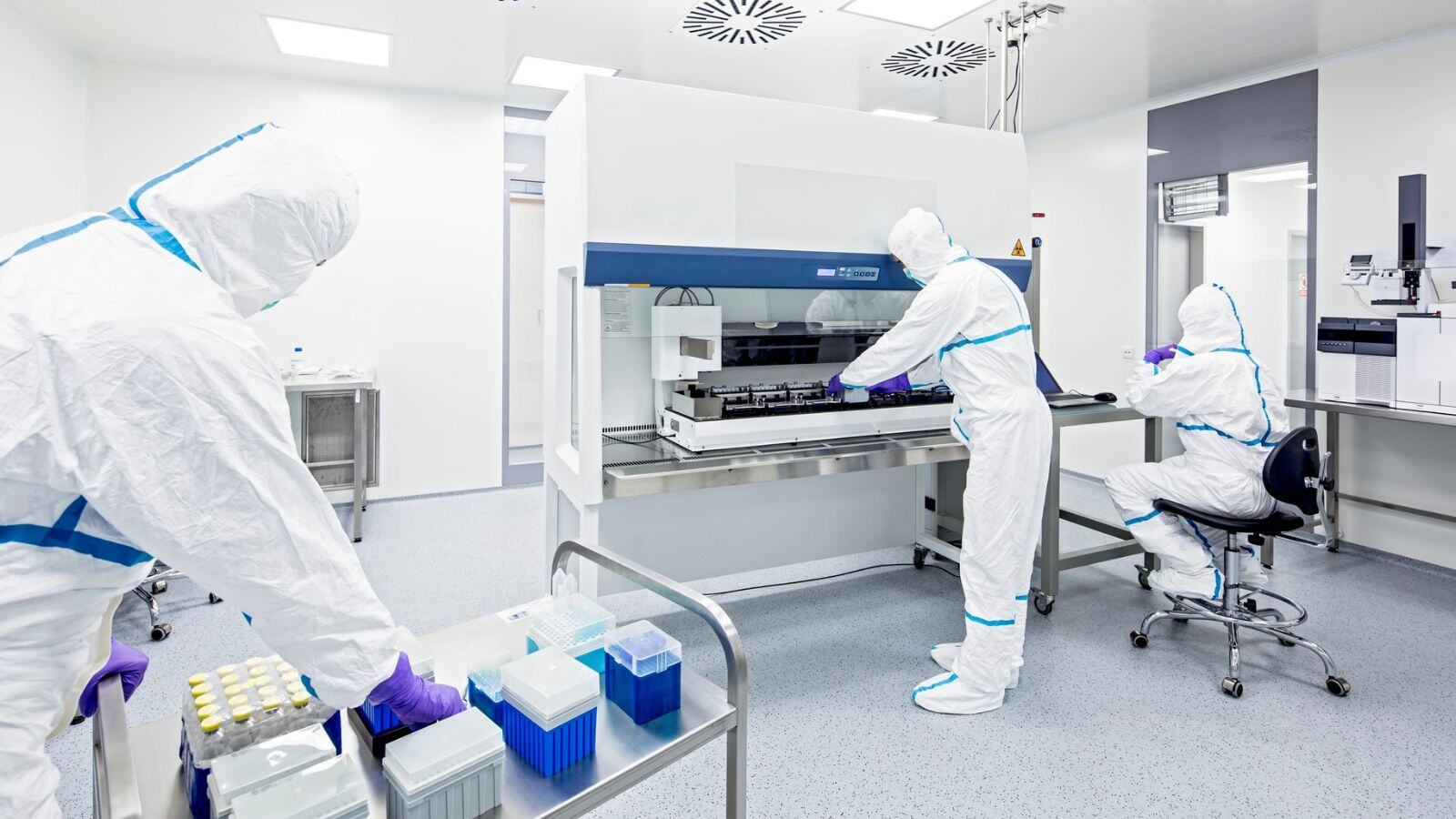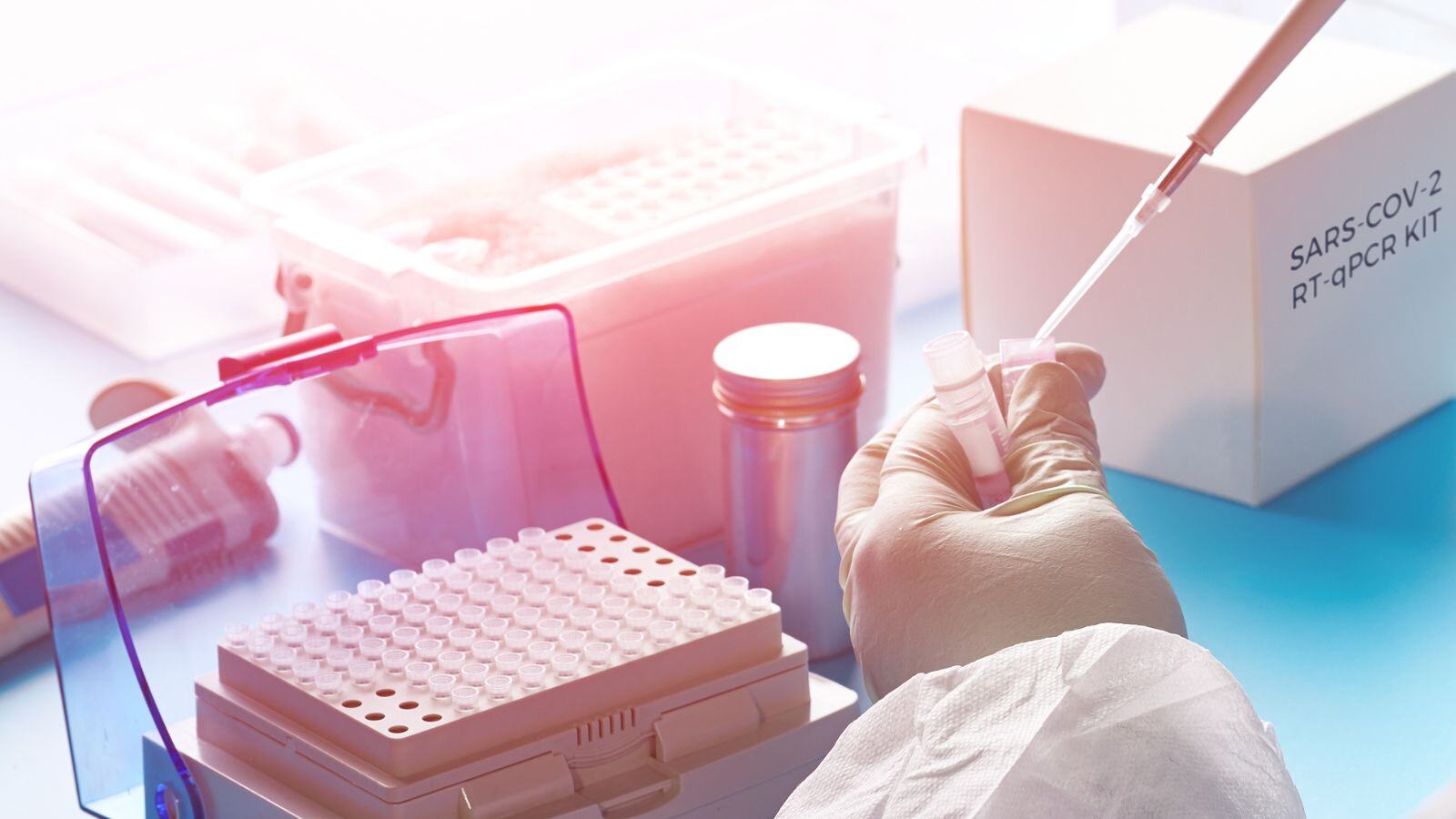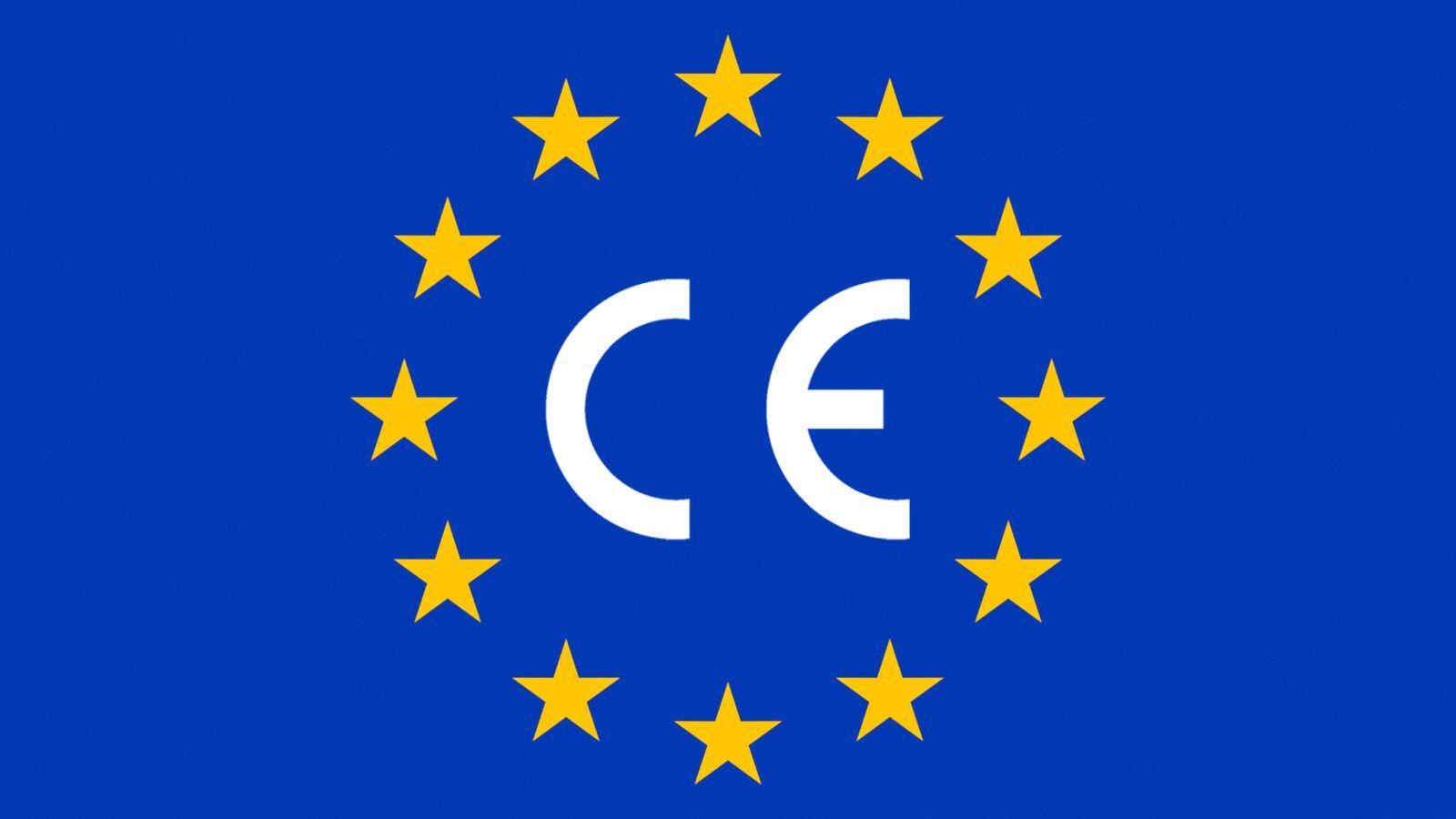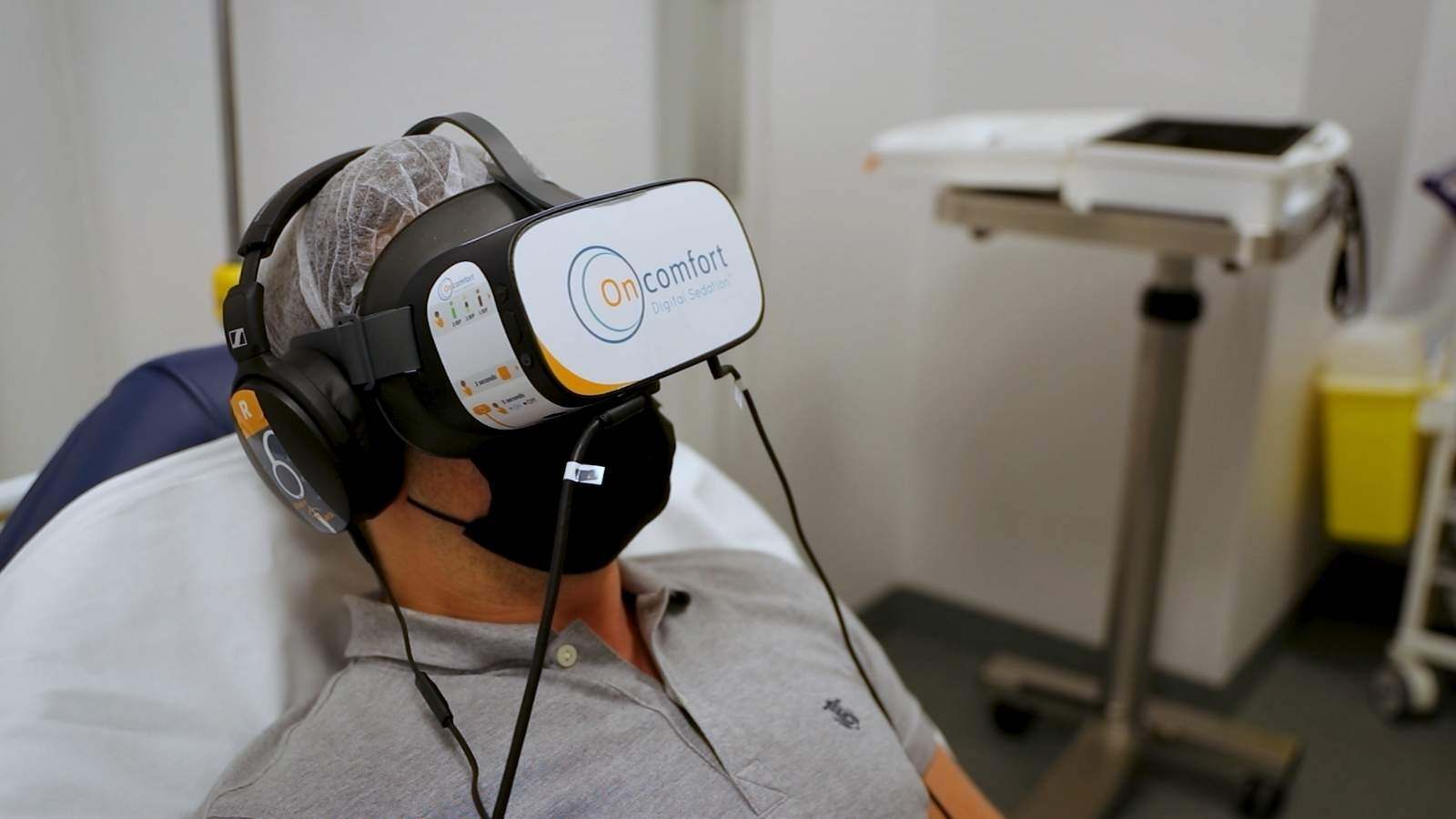Over the years the pharmaceutical industry has become one of the most highly regulated, second only to the nuclear and aerospace industries. The need for regulatory compliance has thus also gained in importance. Compliance is about developing and implementing internal controls and procedures that promote adherence to applicable statues, regulations and directives and other regulatory requirements.
To implement a successful compliance programme there needs to be a very strong and clear commitment from senior management. The costs of compliance can be significant both in terms of financial and human resources. However, in the long term the benefits of a sound compliance system outweigh the initial costs.
Corrective Action Preventive Action (CAPA)
A sound corrective and preventive action (CAPA) plan is core to any deviation and quality management system. The current trend especially in large companies is moving towards computerized enterprise-wide solutions. Considering that both corrective and preventive actions can be very costly many small companies act in a reactive/corrective action manner.
However, one must consider the business impact of non-compliance, which can be horrendous. Corrective actions, by definition, try to correct “non-compliance”. It must be stressed that a company in a state of non-compliance is in danger of losing millions of dollars. Senior management must react in a timely manner and release resources long before the company starts to feel the financial impact of non-compliance.
Where can non-compliance occur?
Compliance covers all areas of the pharmaceutical and medical device laws. It is not limited to a particular sector of the pharmaceutical or medical device industry and can occur both at the site of production or at the enterprise level. Noncompliance can occur during the collection of data e.g in a clinical trial, during manufacturing (GMP compliance) and in the life cycle management of a product among others. Non-compliance in regulatory affairs often occurs when variations in the post-authorisation phase are not submitted in a timely manner to the competent authorities.
How to deal with Compliance Issues
Acknowledging a compliance problem and reacting in a timely and effective manner is much more economical than waiting for the next inspection. Setting one’s own schedule is also much easier than racing to meet given deadlines. Compliance with pharmaceutical and medical device laws is becoming a major issue for many companies. Each company should have a solid CAPA plan and employ enough personnel to monitor and alert senior management to take consequent action in a timely manner.
How to prevent Compliance Issues.
To avoid compliance issues a sound compliance program needs to be implemented.
Elements for an Effective Compliance Program:
- Implementation of Written procedures and policies.
- Appointment of a compliance responsible person/committee.
- Conduction of effective training and education
- Effective communication
- Internal monitoring and auditing
- Enforcing standards trough well publicized disciplinary guidelines and
- Responding promptly to detected problems and undertaking corrective action.
Until recently, the aim of most companies was to achieve compliance at the lowest possible cost. Now however more companies are looking at compliance as a marketing issue to gain competitive advantage.







.png?width=109&height=108&name=Pharma%20(2).png)
.png?width=111&height=108&name=Medical%20Devices%20(2).png)
.png?width=84&height=107&name=IVD%20(2).png)





















%20Checklist.jpg)











.jpg)




.jpg)





















.jpg)

.jpg)



.png)

.jpg)
.jpg)


.jpg)
.jpg)

.jpg)

.png)